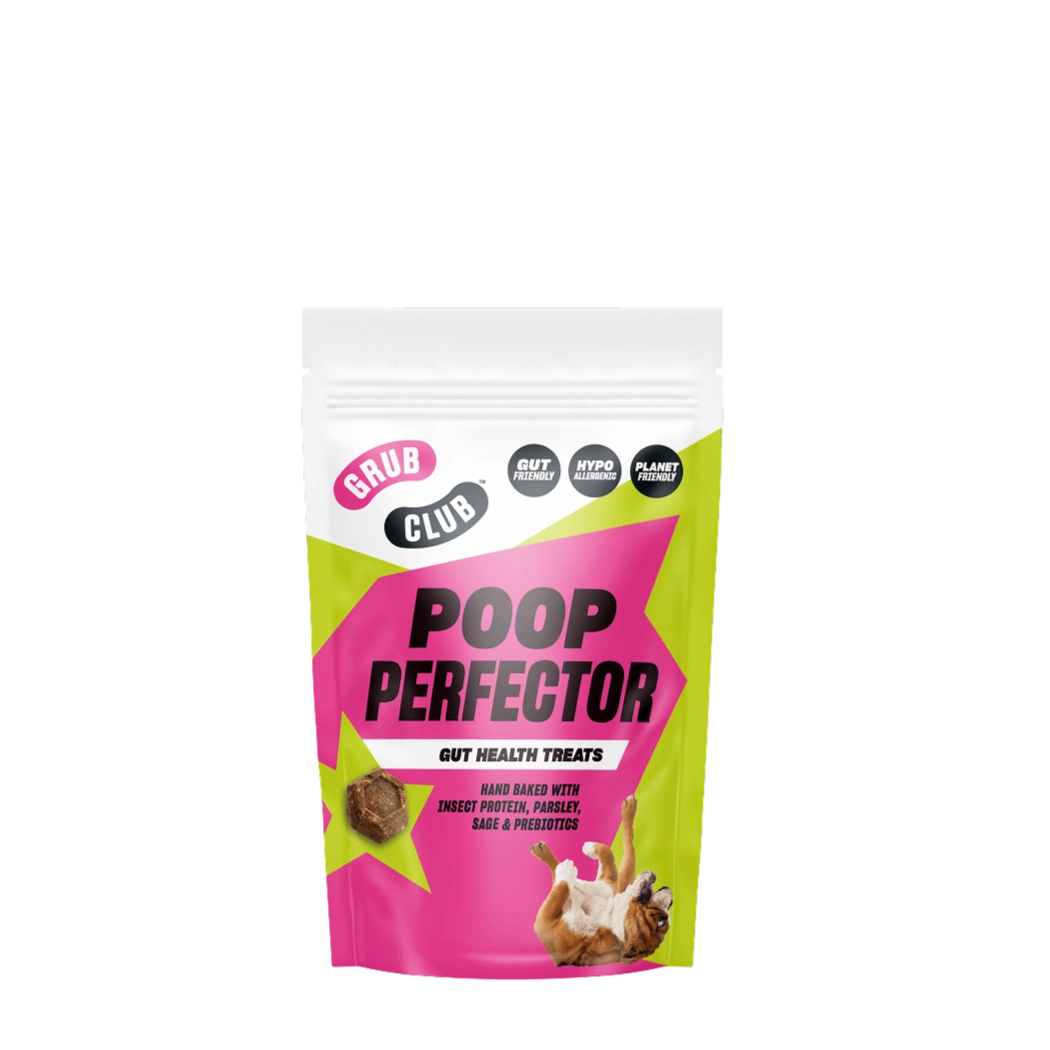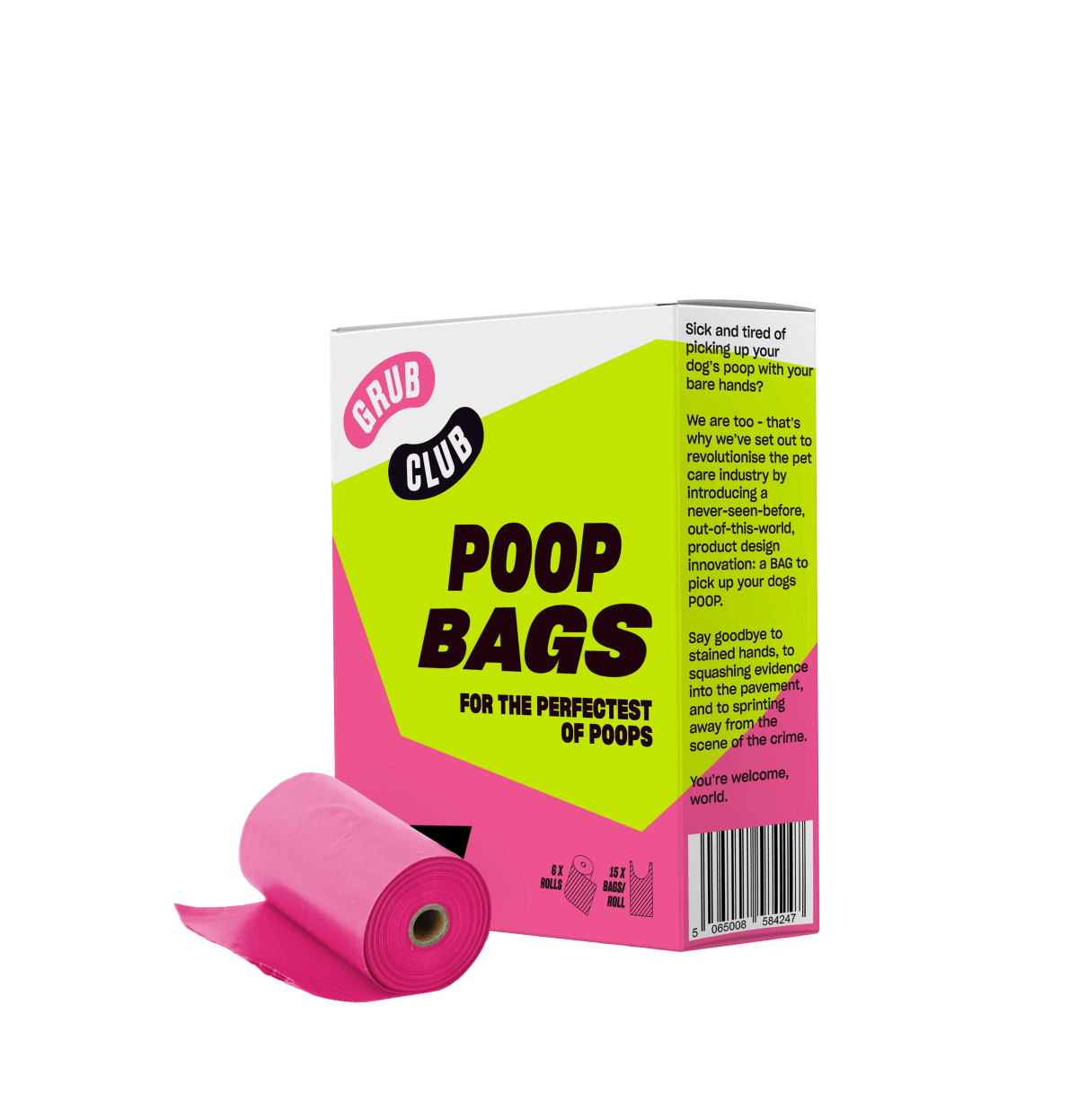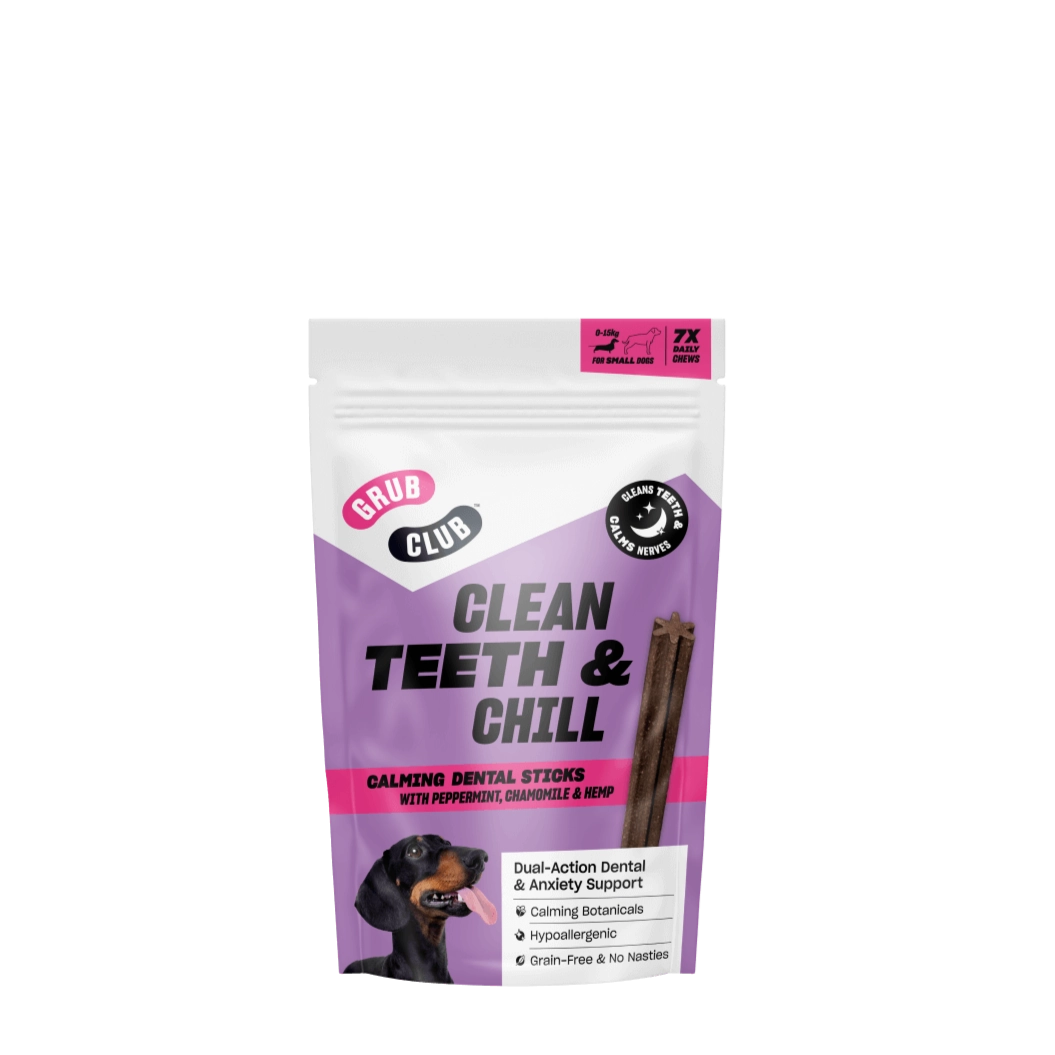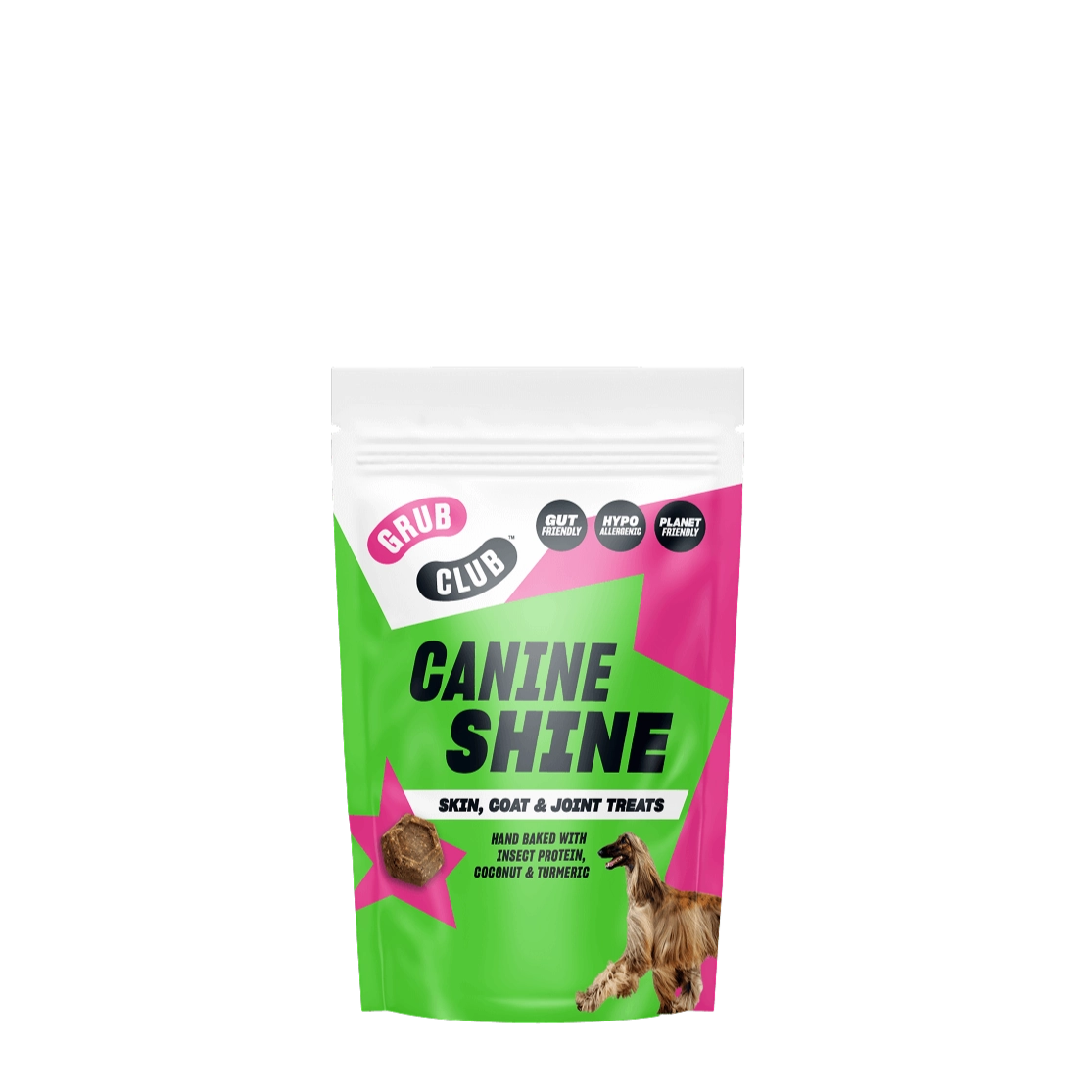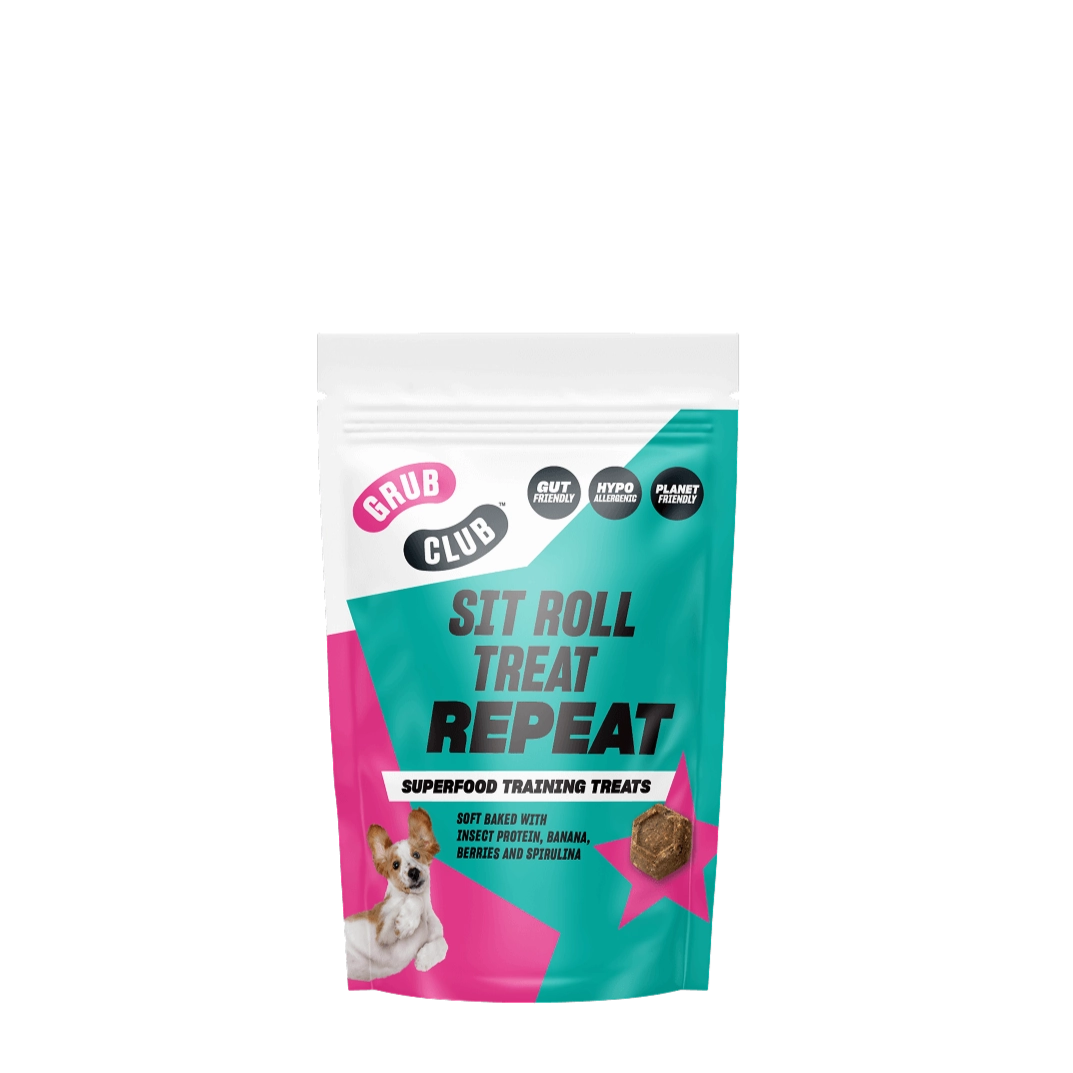If you’re a dog owner, you’ve probably experienced the bewildering sight of your furry friend indulging in a rather unsavoury habit – coprophagia, the act of eating their own poop. While it might seem downright disgusting, it’s essential to understand that this behaviour is, in fact, relatively common among dogs and can be attributed to various factors which we will delve into right now.
The Curious Habit of Coprophagia
Before looking into the solutions for this behaviour, it’s crucial to understand why dogs engage in coprophagia in the first place. Here are some of the most common reasons for them eating their own poop:
-
Instinctual Reasons:
Dogs are natural scavengers. Historically, wild dogs would consume every available food source available to them in order to survive. Eating faeces may have been a survival instinct to extract any remaining nutrients from their waste.
-
Nutritional Deficiency:
If your dog isn’t receiving all the necessary nutrients from their regular diet, they may resort to eating faeces to compensate. This is especially common in dogs on low-quality or imbalanced diets.
-
Behavioural Issues:
Coprophagia can sometimes be a result of stress, anxiety, or boredom. Dogs may engage in this behaviour as a way to self-soothe or relieve anxiety.
-
Medical Conditions:
In some cases, medical issues like malabsorption, parasites, or pancreatic problems can lead to coprophagia. If your dog’s behaviour seems unusual or excessive, consult your vet to rule out any underlying health concerns.

How to Stop Your Dog from Eating Their Own Poop
Now that we’ve explored the reasons behind this rather unsavoury habit, let’s discuss ways to prevent your dog from indulging in coprophagia in the future:
-
Maintain a Nutrient-Rich Diet:
To address potential nutritional deficiencies, ensure your dog is on a high-quality, balanced diet. For example, our nutritionally complete, insect-based dog food contains everything your dog needs to be happy and healthy. From antioxidant-rich blueberries and pomegranates to help boost immune health to prebiotics for improving overall digestion, linseed for their fibre needs and sweet potato to provide their vitamin A, Grub Club’s All-Day Buffet has been specifically formulated to provide your dog with all their daily dietary requirements. Providing a well-rounded diet like this can often reduce the urge to eat faeces.
-
Behavioural Training:
Training your dog is essential in helping to discourage coprophagia. Use positive reinforcement techniques such as providing tasty treats in order to teach your dog commands like “leave it” and “drop it.” These commands can be invaluable in redirecting their attention away from faeces.
-
Clean Up Promptly:
One of the simplest yet most effective strategies is to clean up after your dog immediately. If there are no faeces to eat, they won’t have the opportunity to engage in this behaviour.
-
Exercise and Mental Stimulation:
A tired and mentally stimulated dog is less likely to engage in undesirable behaviours. Regular exercise and interactive play can keep your dog physically and mentally engaged, reducing their likelihood of eating faeces out of boredom.

With patience and the right approach, you can help your furry friend lead a healthier and more hygienic life and hopefully stop them from eating their own poop for good.


